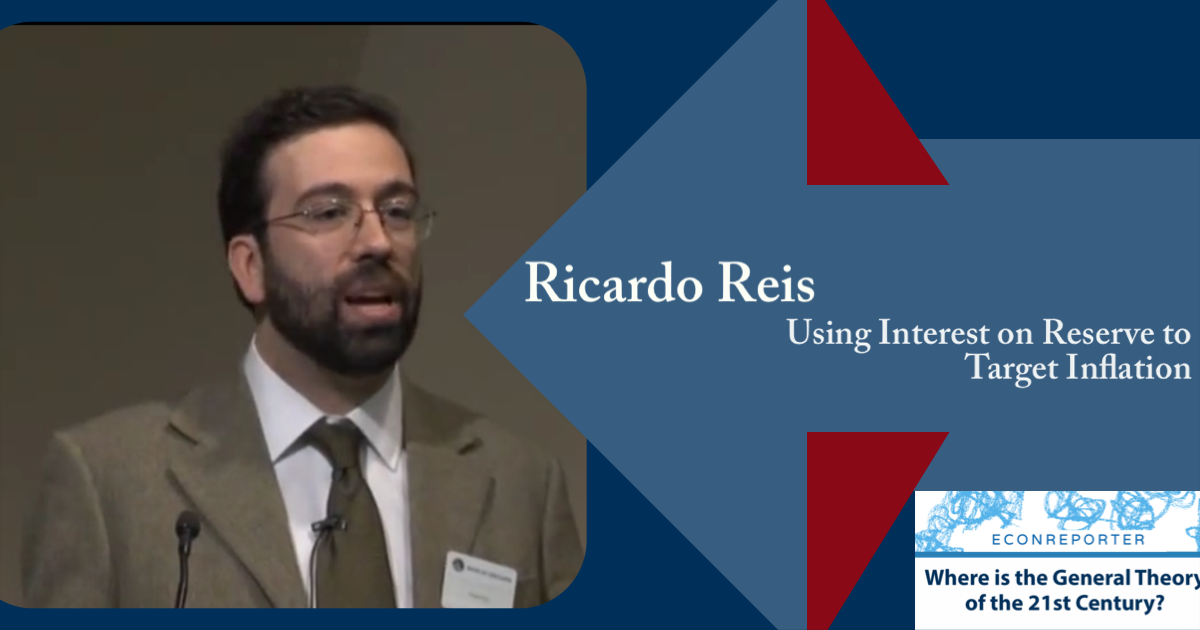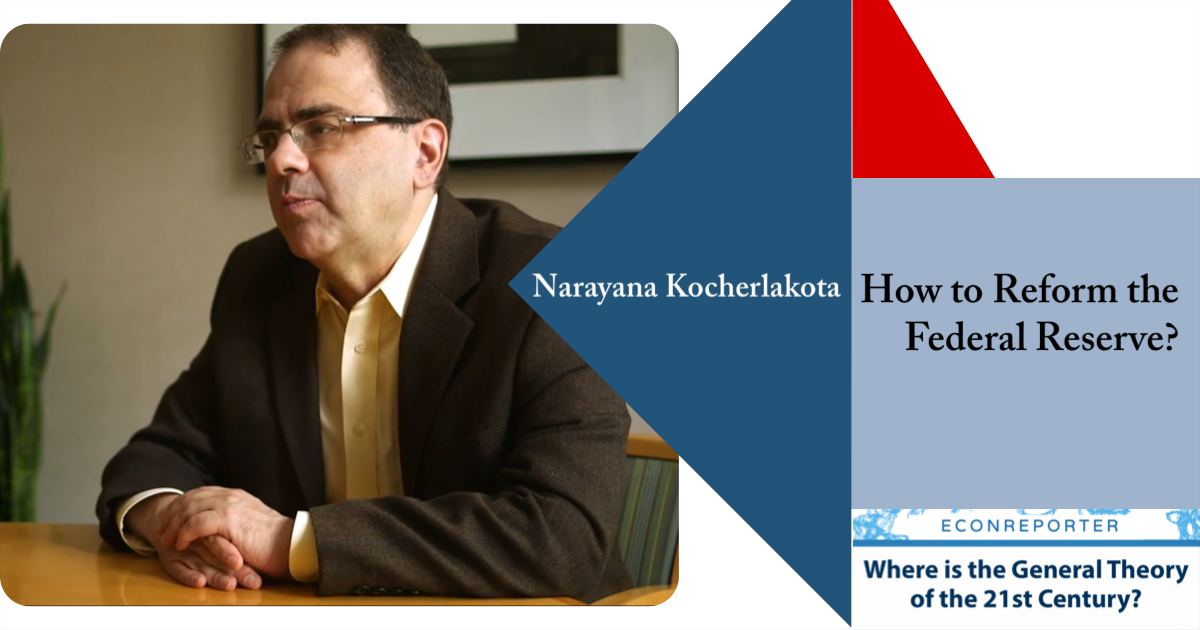Last Updated:
This weekend is a big one for behavioral economics. This morning, Richard Thaler, laureate of The Sveriges Riksbank Prize in Economic Sciences in Memory of Alfred Nobel 2017, has presented his prize lecture “From Cashews to Nudges: The Evolution of Behavioral Economics” in The Royal Swedish Academy of Sciences.
And this Sunday will be the Nobel Prize Award Ceremony, Prof. Thaler will finally receive his well-deserved Nobel prize.
Thanks to everyone who came and many thanks for the very warm welcome at the end. Truly touched. https://t.co/aXMax86gDS
— Richard H Thaler (@R_Thaler) December 8, 2017
To celebrate this occasion, I am honored to share with you my interview with two of the best co-authors of Prof. Thaler — Hersh Shefrin and Shlomo Benartzi.
Q1
First of all, how excited were you when you first hear Prof. Thaler won the Nobel Prize? And can you share with us, in your opinion, what are the significant contributions of Prof. Thaler to the development of Behavioral Economics and Economics as a whole?
Shefrin: I was thrilled! Thaler is the most important behavioral economist since Keynes. He recognized that the neoclassical framework that dominated mainstream economic thinking did not capture a series of systematic behavior patterns that many people exhibit. The Nobel committee identified three of these: limited rationality, self-control, and fairness.
Benartzi: I was extremely excited, of course. He’s been a dear friend, mentor, and colleague for a long time. I personally think that Prof. Thaler’s biggest contribution was to show how we can use our new knowledge about human behavior – these more realistic and “human” economic models – to help people make better choices. If done right, nudges can have a big impact on society, which is what we demonstrated with Save More Tomorrow.








